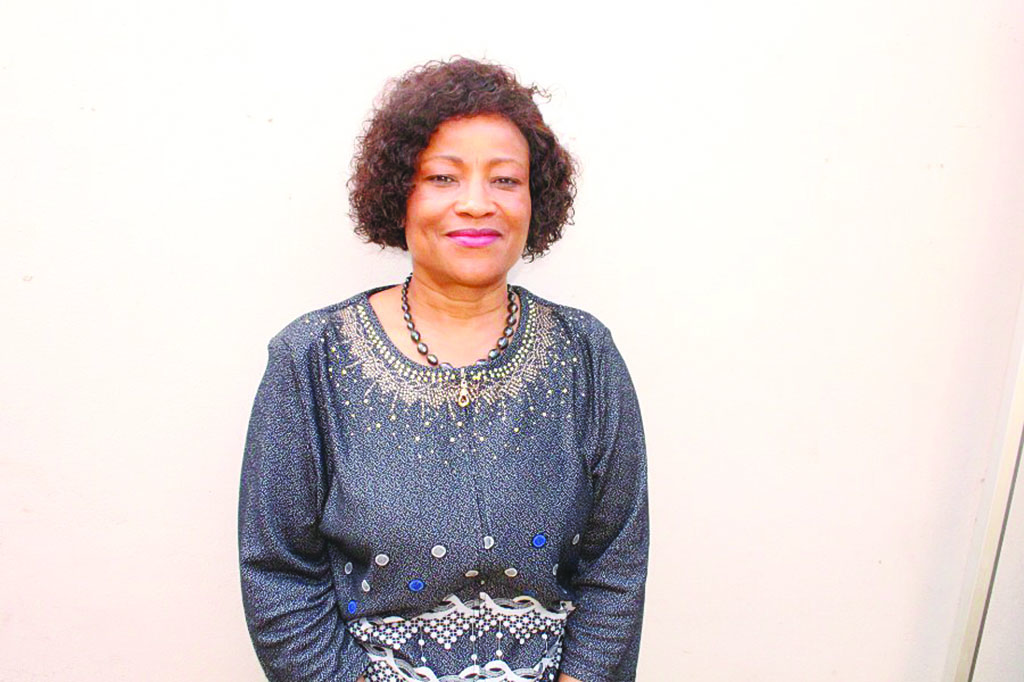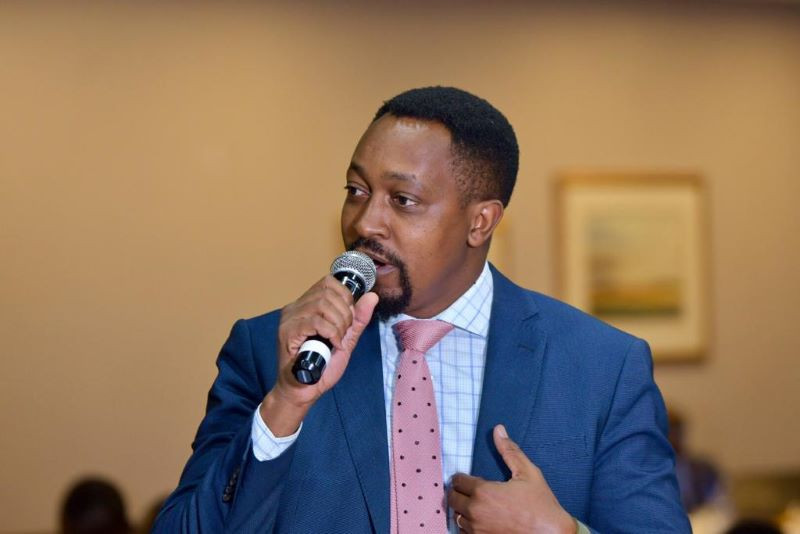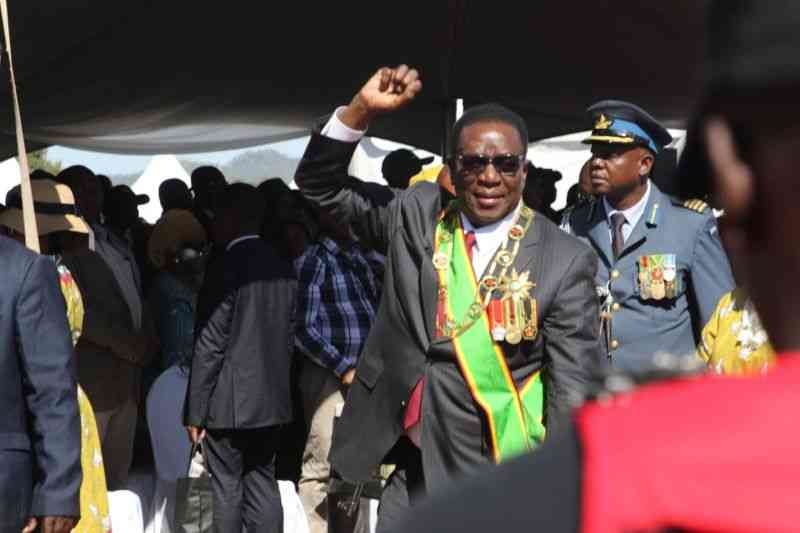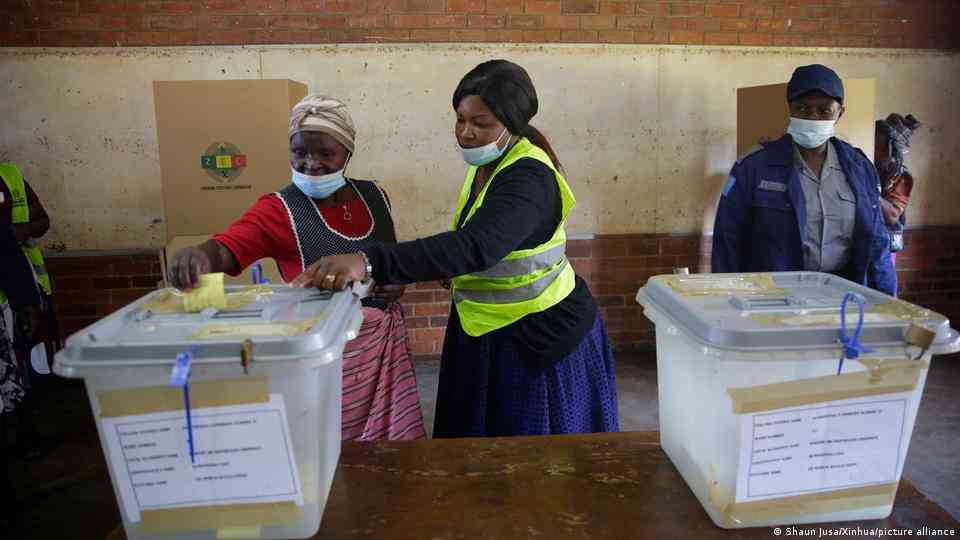
BY PRIVELEDGE GUMBODETE MEMBERS of Parliament have shouldered the blame for poor turnout at Parliament’s public hearings to gather views from members of the public on Bills.
The MPs attributed the apathy to inadequate publicity of the meetings by Parliament and related stakeholders.
Recently, a public hearing led by the Parliamentary Portfolio Committee on Health and Child Care on the Health Services Amendment Bill attracted only one person in Mutare.
Last week’s budget consultations conducted by the Budget and Finance Parliamentary Portfolio Committee was attended by only 10 people in Harare, while there was very low turnout in other provinces.
Earlier this year, very few people attended public hearings on the Insurance and Pensions Amendment Bill.
Public hearings are open committee meetings that are aimed at collecting input from businesses, civil society organisations, public officials and the general public about proposed or existing policies, Bills, regulations and other issues or changes that significantly affect the public if introduced.
They are conducted during the Second Reading Stage of Bills so that committees can report back to Parliament the views of the public on any proposed law.
Speaking during an Open Parly discussion held on Wednesday evening, Bulawayo Metropolitan MP Jasmine Toffa (CCC) said Parliament was failing to adequately publicise the public hearings on Bills.
- Chamisa under fire over US$120K donation
- Mavhunga puts DeMbare into Chibuku quarterfinals
- Pension funds bet on Cabora Bassa oilfields
- Councils defy govt fire tender directive
Keep Reading
“From my experience with the public hearings, I think we fall short as Parliament with regards to the way we communicate information to the public. I say this because of the low turnout that takes place. I am, however, not exactly sure how we can go about it because what we do at the public hearings is to ask members of the public about their views on a Bill,” Toffa said.
Dzivarasekwa MP Edwin Mushoriwa (CCC) said citizens were unhappy and felt that parliamentarians were failing to execute their duties well pertaining to dissemination of information on activities of the House.
“I think as MPs, and Parliament as an institution, we are failing to excite the people to attend public hearings. For instance, one of the reasons people said hindered them from attending the public hearings is that they are not so happy about the manner in which Parliament does its business. By nature, Parliament is supposed to include people’s views when it passes laws,” Mushoriwa said.
“People feel that the law passes through Parliament, rather than Parliament actually passing the law,” he added.
Citizens, who attended recent public hearings, have complained that their views are not considered in most laws, with important Bills being fast-tracked in the House without their input.
- Follow Priveledge on Twitter @PTGumboz










